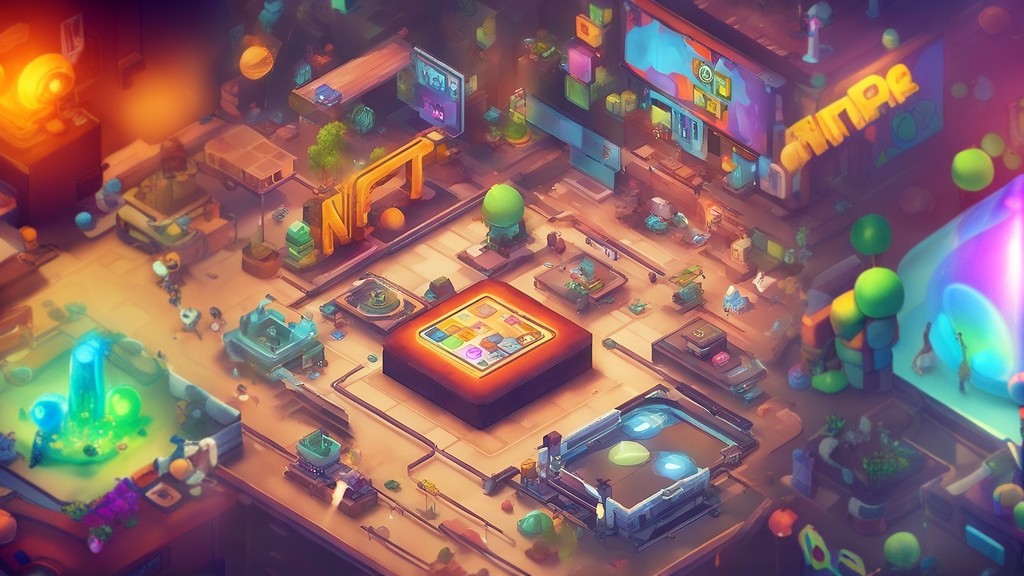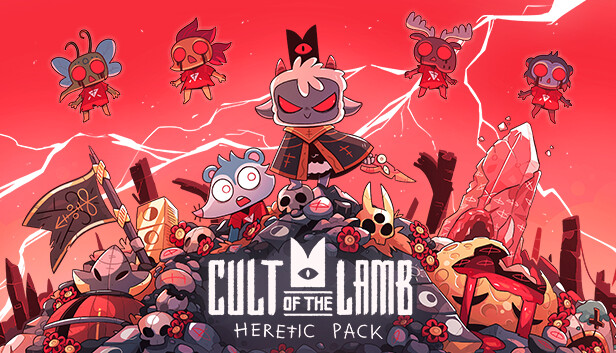Cast your mind back to the ‘trending’ tech news of 2020, and you will no doubt hit upon the ongoing legal saga that raged on between California-based consumer electronics giant Apple, and the team at interactive entertainment company Epic Games – who, while famous in their own right, rose above their original status and achieved the title of ‘household name’ after their titles were suddenly wiped from Apple’s iOS App Store.
It was, and remains, an unprecedented show of corporate rivalry. The official narrative continues to be that Epic Games were in direct contravention of the Terms of Service laid down within Apple’s guidelines for App Store developers – and that, while Epic Games may well be a multinational and massively influential game development company, they posed a direct risk to the security of Apple’s 1 billion+ active users.
As with any good story, however, there are plenty of additional, non-official sides to this. Many have speculated that Epic Games’ use of in-app payments simply did not sit right with the $2 trillion silicon valley giant, as it meant that Apple could not claim its high commission on app sales.
Whether these accusations contain a grain of truth, or being turned into the ‘bad guy’ is simply part and parcel of Apple’s high level of ubiquity, we cannot yet be sure. One thing is certain, however, and that’s the fact that, years from now, we will regard these months of turmoil between two industry titans as a turning point for the gaming industry as a whole – and, of course, the world’s gamers. Read more below.
An Immediate Impact
Within the gaming world, nothing remains the same for long – particularly when we look at those areas which lead the entire industry forward. What was considered a highly competitive new casino no deposit bonus 2020 will no doubt be replaced by an even more appealing offer as the decade progresses, just as in-game graphics which would have once turned the head of even the most discerning gamer now risk looking wishy-washy and almost cartoonish when compared with some of the newest, next-gen games being released onto the Xbox Series X and PlayStation 5.
Already, a widespread fear over the future of mobile gaming – or, specifically, gaming on iOS – is beginning to make itself known. In all likelihood, the past months’ uncertainty over app store regulations is driving gamers further into the clutches of cloud gaming services which, like Netflix or Spotify, offer massive content libraries brimming with gaming titles that can be played anywhere, at any time.
Already, Apply has formed a pretty controversial relationship with games streaming services, citing its now-infamous app store policies for its initial decision to bar them from their store. They have since backtracked on that decision, but already streaming providers are finding their own way to iOS gamers.
Take, for instance, Amazon, who released their own cloud-based streaming service, Luna, back in September of last year. The team at Luna found their own way of dodging those pesky rules – a fact which, when considered in conjunction with Epic Games’ newfound independence, hints toward a very different future for game development, and gaming itself.
The Long Term
The gaming industry exists in a permanent state of flux, and remains emblematic of the old adage, ‘the only constant is change’. For that reason, predicting with any degree of certainty what will happen in the future is, of course, impossible. One need only look at the events of the past 12 months, since Apple first butted heads with Epic Games, to see how quickly the gaming world adapts.
What does seem clear already, however, is the willingness developers have shown to begin a gradual divorce from the traditional pattern – that is, posting their wares on mobile app download stores, and reaching their users that way.
Apple maintains an enviable userbase, and developers have always reached them via the traditional route. Now, however, with two giants (Amazon and Epic Games) carving new paths, it looks as though the next few years will bring a seismic change to the industry.









